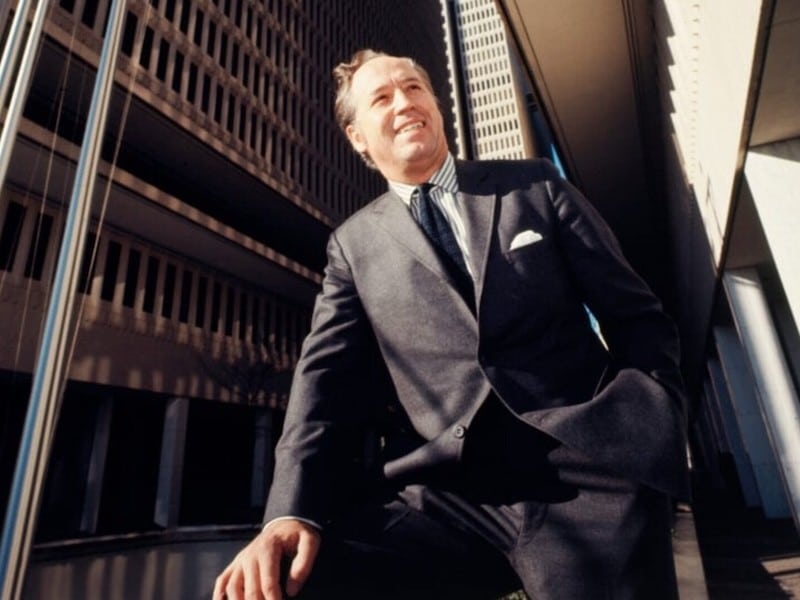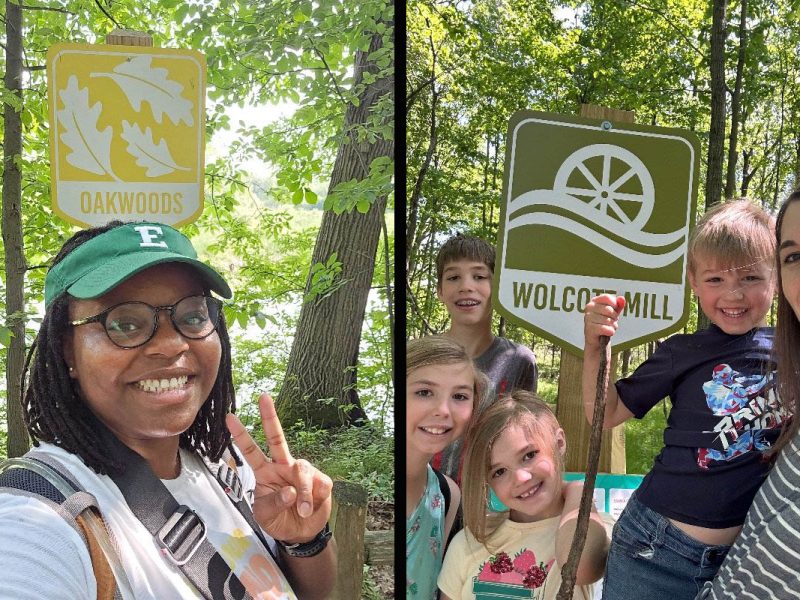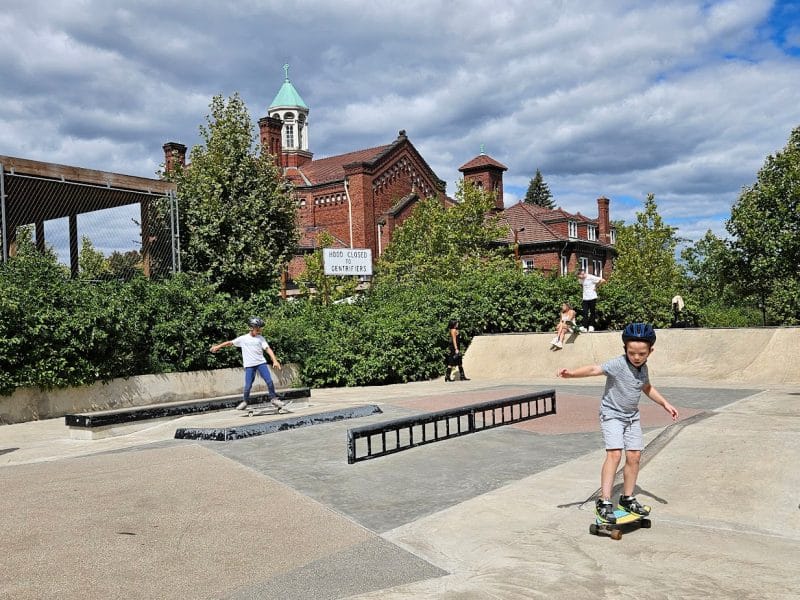No Biz Like Show Biz: Making Movies Stick in Detroit
How does Detroit get Hollywood’s attention and keep it for the long haul? Kelli B. Kavanaugh talks with Erik Tungate, who is working to attract more film business to Detroit, and who is one of the speakers at this week’s Model D Speaker Series.
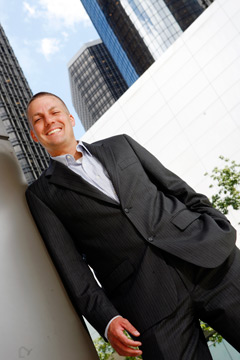 How do we get the film industry to not just take notice of Detroit, but to put down roots here?
How do we get the film industry to not just take notice of Detroit, but to put down roots here?
Erik Tungate, 32, is working on that very issue.
Tungate lives in Brush Park and is an energetic and articulate advocate for the city. The former director of economic and community development for the city of Hamtramck now works for the Detroit Economic Development Corp. and is tasked with any and all film business that comes the agency’s way.
Tungate will be a speaker at the next Model D Speaker series, Aug. 21 at CCS (sign up for the free event here), but he sat down with Model D beforehand to talk a bit about the film industry and how it is impacting development in the city.
There’s a lot in the pipeline — from potential production facilities looking to put down roots in the Corktown area to premium cable shows headed to Detroit — and Tungate offered some insight into what’s to come.
Q: Can you explain the difference between the incentives from the city, the Detroit Economic Growth Corp., the Detroit Metropolitan Convention and Visitors Bureau and the state?
A: There are two things going on: Michigan film incentives are the prevailing piece to all of this. In the context of metropolitan Detroit and consequently, the city of Detroit, the CVB is looking at their regional constituency, Wayne County is looking at the county and the city, through the Mayor’s office, works with productions directly – if you’re going to come to the city to film, the film office will get you an application for the police, get you a permit to operate.
The DEGC helps you if you want to come to the city and build a production facility. (For more on the various incentives, click here.)
Q: Talk to me a bit about the film infrastructure that Detroit already has in place from the automotive industry.
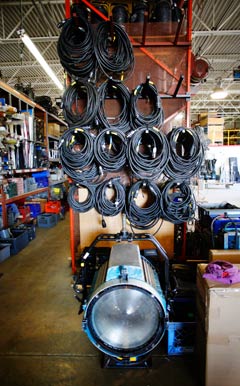 A: It’s one of the things I been shocked with. Because of the auto industry, there’s a huge infrastructure. There is tons of undiscovered talent in the region right under our noses that we’ve not been paying attention to — the talent level is phenomenal. They may not all be in the city and some are, some of the most talented firms you can find anywhere in this country. It’s our job to coordinate these assets.
A: It’s one of the things I been shocked with. Because of the auto industry, there’s a huge infrastructure. There is tons of undiscovered talent in the region right under our noses that we’ve not been paying attention to — the talent level is phenomenal. They may not all be in the city and some are, some of the most talented firms you can find anywhere in this country. It’s our job to coordinate these assets.
Q: What feedback – positive and negative – have you heard from productions that have already been here?
A: It’s all been positive … It goes back to what we are always saying and what we always hear about when people get here from outside of Michigan: They are totally blown away.
The comment, as far as filming goes, is that you really can get it all here — all the potential landscapes. It’s an all-inclusive film geography.
Q: How do you respond to skeptics that say the state is giving too much away to the film industry with their incentive package?
A: I would say this: On a net basis, it is a positive. It is spurring an economy that would not have been spurred.
Q: Tell me about the “not just filming” — the companies looking to perhaps put down some roots here?
A: There are several that have inquired, several in the planning stages. They run the gamut — sound, film, editing … all of the various film industry functions. It’s a race to the finish for the first ones. There will only be so many of these in Detroit — there are only so many of these in Hollywood!
Q: Do you see potential for crossover within the creative industries facilitated by the film industry?
A: The film industry, per the Creative Corridor, is a subset of that initiative much like architecture is a subset. Our objective in coordinating with Detroit 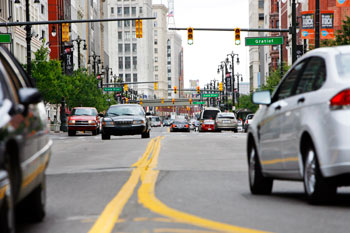 Renaissance is to build these industries in the core of the city of Detroit because now it’s regional, scattered throughout the region. And like any industry, as [the film industry] grows and matures, there will be crossover talent, where a certain number [of people] will transition into a new industry, and density makes that transition much easier.
Renaissance is to build these industries in the core of the city of Detroit because now it’s regional, scattered throughout the region. And like any industry, as [the film industry] grows and matures, there will be crossover talent, where a certain number [of people] will transition into a new industry, and density makes that transition much easier.
We’re working on linking all these creative industries together, that’s the point of the Creative Corridor initiative and DetroitMakeitHere.com — we can enhance that crossover.
Q: Have you seen any pushback from, for lack of a better term, 1.0 companies in pushing for a transition to a more creative economy, including the film industry?
A: Not in the least! I sense that they recognize that battles for the best-designed vehicles are just like the battles for the best talent. We’re bringing in an entire new industry, we’re bringing in more talent, allowing for crossover from industry to industry.
Kelli B. Kavanaugh is development news editor for Model D. Her favorite movie filmed in the D is True Romance because she’s always wanted to live on the West Riverfront in a motor home.
Photos:
Film crew setting up in Eastern Market for Drew Barrymore’s new roller derby film “Whip It!”
Eric Tungate
Grip at Midamerica – Troy
Northbound Woodword Ave.
Photographs by Marvin Shaouni
Marvin Shaouni is the managing photographer for Metromode & Model D.
